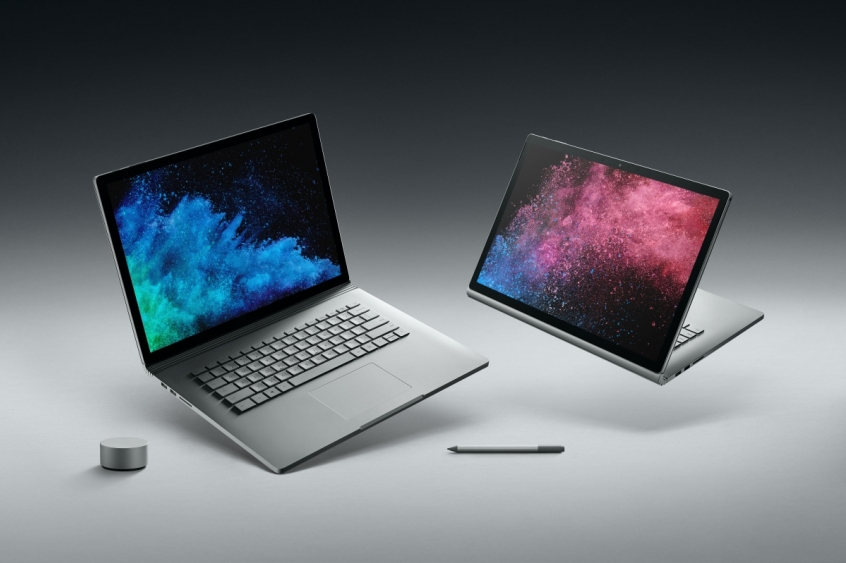
According to the latest reports, Microsoft is planning to add new features to the Surface Pen. The computer accessory presently costs $99.99. Users would also have to purchase the Surface Pen separately, and along with the hefty price, this could be the reason why most Surface Book and Surface Pro owners are not interested in buying it. However, with the potential upgrades that include a touch-sensitive retention clip, the Redmond-based tech firm is trying to convince the users to ditch the mouse with the brand new Surface Pen.
MSPowerUser recently reported about Microsoft's patent filing back in 2016 for an upgraded Surface pen. The patent was approved this year by the US Patent and Trademark Office, which means that the computer accessory might see the light of day very soon. The highlight of the new Surface Pen patent is the improved retention clip, which is now made touch-sensitive. With this, there will more ways for the user to interact with the computer with the Surface Pen. For one, the touch-sensitive retention clip will allow the users to scroll down through pages, mimicking how the scroll wheel in a computer mouse works.
It also appears that the upgraded Surface Pen in the Microsoft patent does not only imitate the traditional computer mouse, but also exceed its capabilities. As reported by Tech Radar, the patent shows a new low-power mode for the Surface Pen, which can be prompted by the user by touching its side. Given that one of the issues of the Surface Pen is the limited battery capacity, the low-power mode will be very much welcomed by the users.
Nevertheless, the public is advised to take everything stated in the leaked Surface Pen with a grain of salt. Just like the previous patent documents filed by Microsoft and any other tech firms, most of them have never materialized. Microsoft is known to submit several patent documents after coming up with a unique idea, but a patent submission does not always equate to an approval for mass production.













